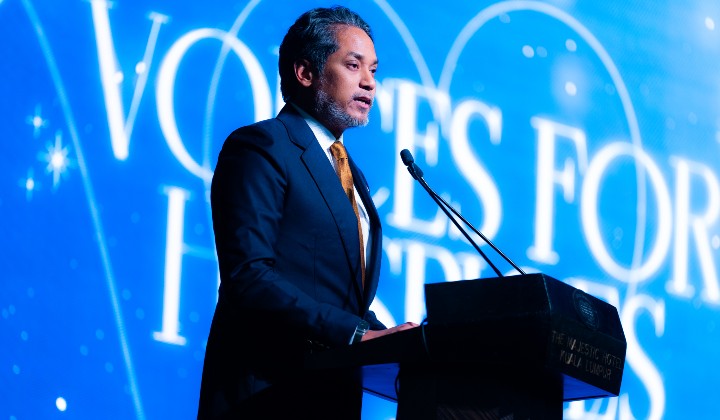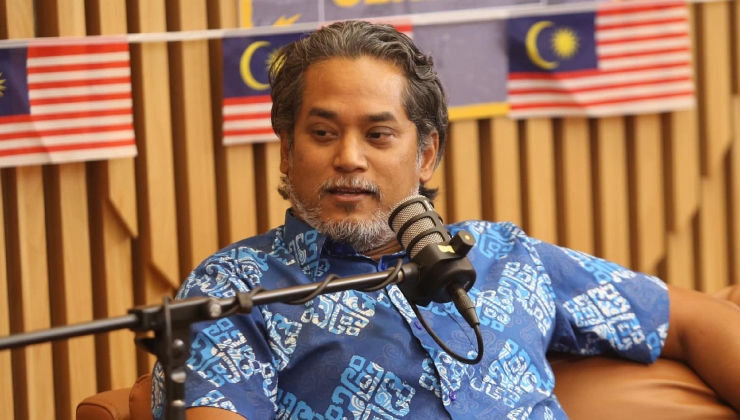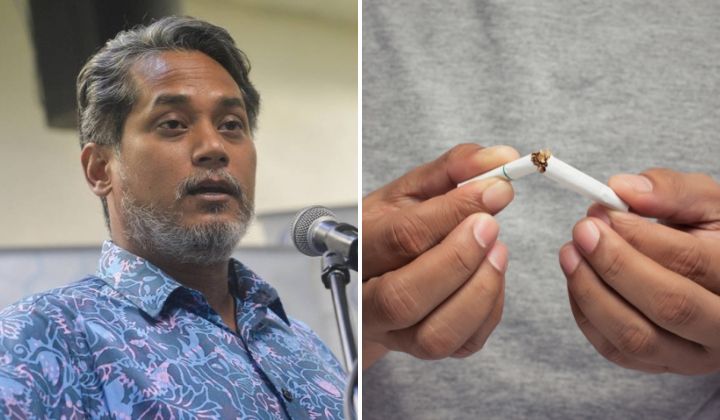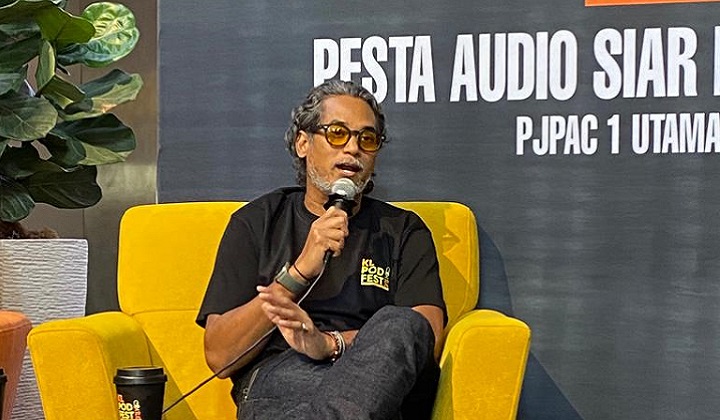For Terminally Ill Patients, Palliative Care Provides Relief For Their Final Journey
Hospice patients no longer have curative options or have chosen not to pursue treatment because the side effects outweigh the benefits.

Subscribe to our Telegram channel for the latest stories and updates.
Malaysia needs better palliative care to improve the quality of life of patients.
Palliative care also helps families facing challenges associated with life-threatening illnesses.
Recognising the advantages of palliative care, the Health Ministry (KKM) offers quality consultative services.
Patients from other departments are referred to the palliative care team for the co-management of patients.
8 Oktober merupakan Hari Penjagaan Paliatif & Hospis Sedunia.
— KKMalaysia🇲🇾😷 (@KKMPutrajaya) October 8, 2022
👉Penjagaan paliatif adalah penjagaan pesakit kronik yg dikategorikan x mengancam nyawa
👉Penjagaaan hospis pula merujuk kepada penjagaan pesakit yang dikategorikan akan mengancam nyawa.
‘Pemulihan Hati dan Komuniti’ pic.twitter.com/AzDtsZzg7T
Health Minister Khairy Jamaluddin said all hospital services also run outpatient services.
The reason is that KKM can continue to assist and cater to the needs of patients and support their families with the provision of necessary medication.
He said a very important practice hospital units are gradually developing is the provision of ‘terminal discharge’ services.
Patients passing on and preferring to be home are provided with the necessary support and medication to ensure continuity of care.
We provide disposable infusion pumps if the medication needs to be dispensed by continuous subcutaneous infusions. We also teach families how to administer injection medication to patients.
Health Minister Khairy Jamaluddin on KKM providing support to the families and patients who are at the end of their journey at home
Raising Awareness Of Palliative Care
Khairy added that in Malaysia, dedicated palliative care units have been developing in the Ministry of Health hospitals since the mid-1990s.
In 2005, the Ministry of Health recognised the field of Palliative Medicine as a medical sub-speciality.
Palliative care aims to provide the best quality of life for the patient and their family. This includes all types of patients and diseases because they deserve the best quality of care.
Health Minister Khairy Jamaluddin on strong interest and support for the development of palliative care
from both the public and private sector, as well as from non-government organisations.
He said research has estimated that as a nation develops, more palliative care is needed as mortalities from non-communicable diseases (NCDs) will rise.
In Malaysia, 73% of our total deaths in 2014 were due to NCDs.
It is estimated that in a developed nation, the need for palliative care is about 69-82% of the total mortality in the country.
Khairy made the remarks at the Voices for Hospices biennial charity gala dinner at The Majestic Hotel Kuala Lumpur.

Hospis Malaysia organised the event in conjunction with World Hospice and Palliative Care Day (WHPCD).
Themed ‘Healing Heart & Communities’, the event also marks Hospis Malaysia’s 30 years of service to the nation to improve the accessibility of palliative care for the country’s population.

Hospis Malaysia chairperson Datuk Kathleen Chew said if a patient is referred early enough for palliative care support, more can be done to improve their and their family’s quality of life.
Our practitioners will work alongside the patients’ family and their primary doctors who may be oncologists, heart, kidney or lung specialists, or neurologists and geriatricians. We discuss the best possible way to support their patients in the later stages of their lives, as apart from the illness itself,
Hospis Malaysia chairperson Datuk Kathleen Chew on palliative care focusing on the well-being of the person.
Saturday, October 8, 2022 is World Hospice and Palliative Care Day (WHPCD).
— Joyce Jackson (@joycej977) October 8, 2022
World Hospice and Palliative Care Day is an annual unified day of action to celebrate and support hospice and palliative care around the world. https://t.co/XWK54Mmp4E pic.twitter.com/A6qbO3zoMG
She added that the role of palliative care and Hospis Malaysia proved essential during the Covid-19 pandemic, where most patients were advised to minimise hospital visits and to stay home to stay safe.
Hospis Malaysia’s domiciliary service supported by its 24-hour emergency service proved to be a lifeline for countless patients and their families who required support and medical attention at their homes.

Is Palliative Care Free In Malaysia?
Service and care are given free to all who need palliative care.
Hospis Malaysia offers professional palliative care to patients suffering from a life-limiting illness and living within Klang Valley.
Currently, Hospis Malaysia cares for about 1,700 patients per year with the help of 33 employees and a clinical team comprising four doctors, 14 nurses, two pharmacists and one occupational therapist.
The organisation also trains about 700 healthcare workers annually, with operating expenses running at about RM4.5 million per year, of which approximately 80% is spent on patient services, education and training.
Palliative treatments vary widely and often include:
- Medication.
- Nutritional changes.
- Relaxation techniques.
- Emotional and spiritual support.
- Support for children or family caregivers.
Palliative care can be helpful at any stage of illness and is best provided soon after a person is diagnosed.
In addition to improving quality of life and helping with symptoms, palliative care can help patients understand their choices for medical treatment.
It is estimated that over 100,000 Malaysians who die each year require palliative care, and by the year 2030, that figure is projected to rise to 230,000.
Share your thoughts with us via TRP’s Facebook, Twitter, and Instagram.





